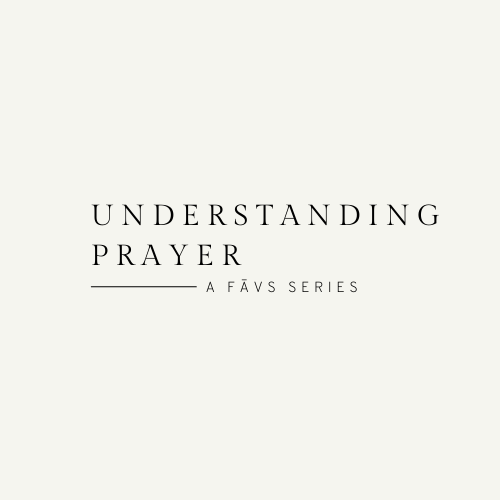UNDERSTANDING PRAYER: Namaz Parho, is Se Pehle ke Tumhari Namaz Parhi Jaye (Urdu). Pray, Before Your Prayer Is Held
Editor’s Note: Spokane FāVS is publishing a series of columns on the subject of prayer. Prayer is a common religious concept and is used in secular, colloquial speech and circumstances. Early humans may have used a version of prayer, even before the advent of formal religious observances.
But what does prayer mean? What is it? Who does it? Can you pray if it isn’t to a Divine Being? How do you do it? Is it a solitary and/or communal activity? Why do it at all? What motivates a person to pray? What are the expectations on the part of the pray-er? Should there be some type of tangible outcome or after effects? These and other questions will be addressed over the next few weeks.
The first time I saw this message (the headline of this article), it was on a billboard on Murree Road. Murree Road is a major road that links the twin cities of Islamabad and Rawalpindi (Pakistan), taking you all the way to a hill station called Murree. I spent many commuting hours on this road during hot summers and freezing winters.
The statement left a long-lasting impact both on my mind and heart. Even if I wanted to, I could not forget it, perhaps because I knew the importance of its message. It has a deeper message hidden in it, especially in its second part. So when I saw the SpokaneFāVS Prayer Series, I thought it would be a great opportunity to share my own journey of prayer.
The second part of the message highlights the importance of offering our prayers and remembering our creator through them before we embark on our eternal journey to meet him. Praying five times a day gives me that opportunity to be well prepared to face my Lord, Almighty Allah (God).
Thus, I do not want to lose my chance to pray before my prayer is held, a time no one can predict.
Prayer is commonly known as salat, salah or namaz. It is one of the five pillars of Islam, and it is the first act of worship made obligatory by God during “Meraj” — Prophet Muhammad’s (pbuh) ascension to heaven or the night journey in the 10th year of his prophethood. It is also the first act a Muslim will be held accountable for on the day of judgment.
Muslims pray five times a day, and this act is taught in childhood. Prayer is our meeting with our Lord Almighty and through this act, we repeatedly praise the Almighty Creator and show our gratitude. It is a great time to feel solitude from the bustle of our daily routines and connect with our creator. One can call it meditation, solitude or peace therapy as it does give you a break from everything around you for a few minutes, five times a day.
Although it’s an obligation to offer these daily prayers, for some it can be challenging because of their professional and personal responsibilities. From a religious point of view, our daily routines should not interfere with our prayer obligation. But often it can, and it does.
The same thing happened to me. When I was younger and a single mother, I had the responsibility of two children, long hours, commutes and other distractions in life. I could not fulfill my prayer obligation on a daily basis. Looking back, perhaps I didn’t try enough.
I have always felt my religion is very lenient and easy to practice. I do have the choice to offer and make up for the missed prayers at the end of the day or even later as an alternative. The message stuck with me throughout all these years as a constant reminder that I have to work on fulfilling this obligation.
I have to admit it was initially a struggle. It was hard to halt everything five times a day to offer my prayers, but then slowly it became second nature.
Now it’s been over a decade, and I try not to miss a prayer. If I do for any reason like traveling or work, I make sure I pray at the end of that day. It has become a habit.
If I miss a prayer, I feel like something is missing and I have missed my chance to be with my creator. It has given me inner peace. I fear that if I won’t wake up the next morning, then I miss a chance to offer that one last prayer before my prayer will be held.
Although I should have worked harder on this many years ago, it is better late than never. And the door to God is always open and welcoming.
I also feel that, besides my many faults and weaknesses, Almighty Allah has been so generous to me and has blessed me in abundance. In comparison, to sacrifice those few minutes out of my daily routine to show him my gratitude is nothing.
May we all find our connection with our creator in our own ways as I did and show him our gratitude for this world, universe and everything we are blessed with and are part of.
Peace!






